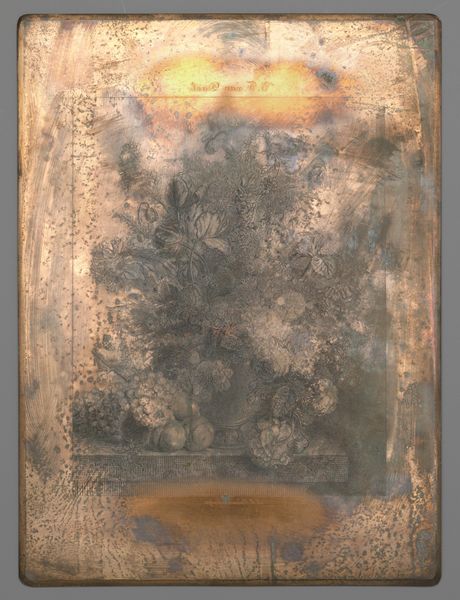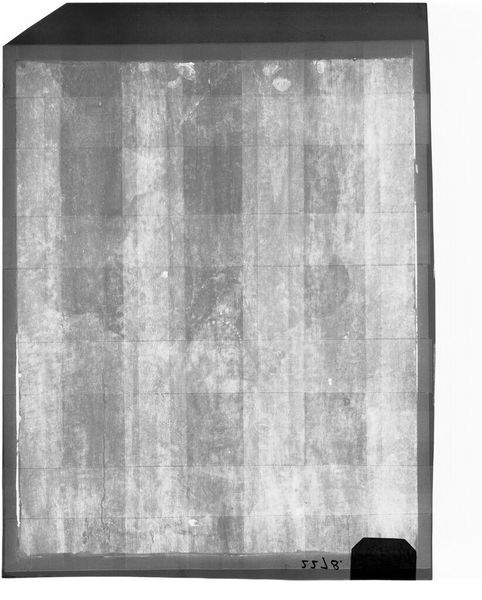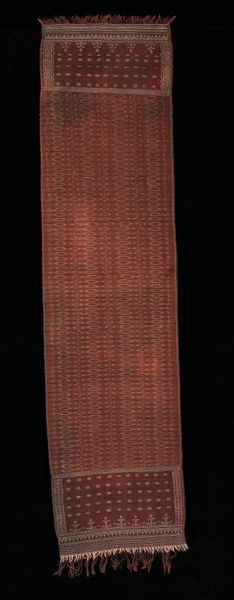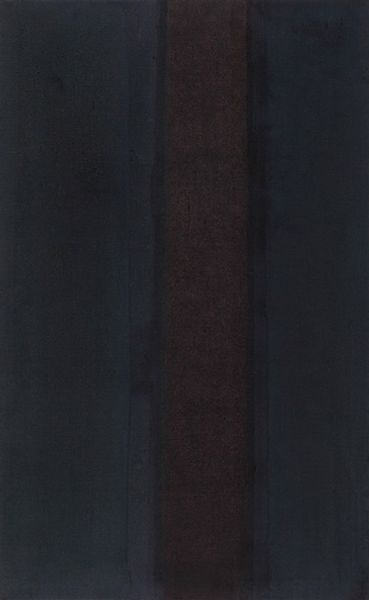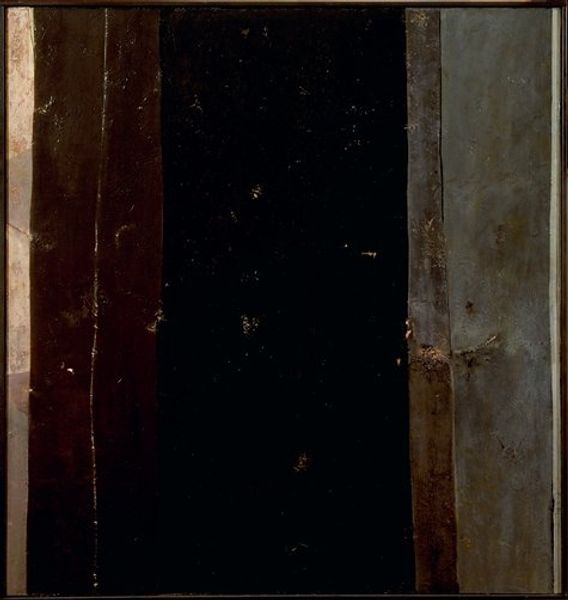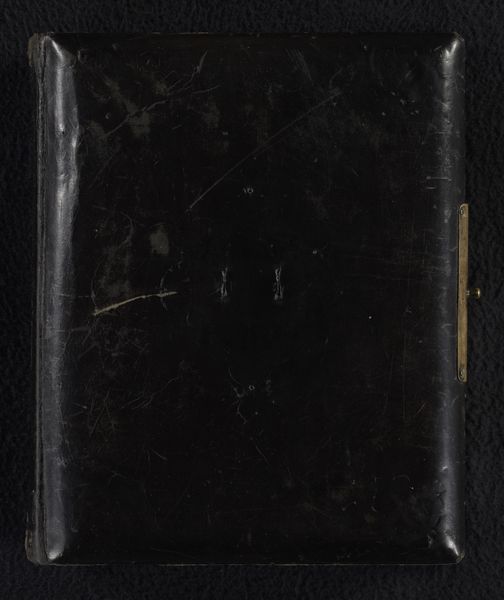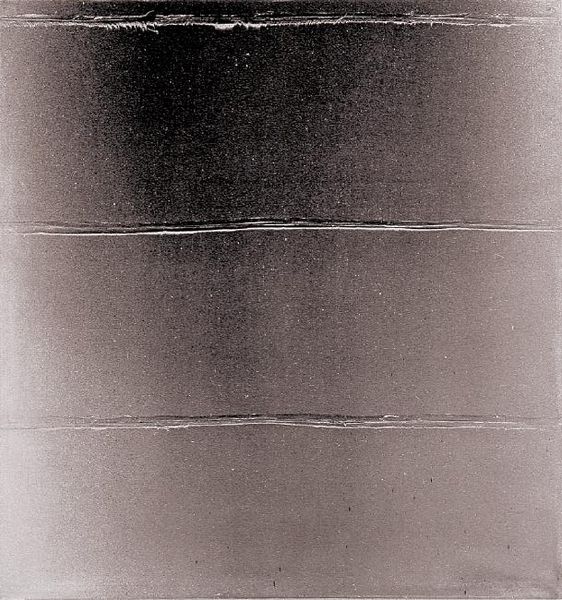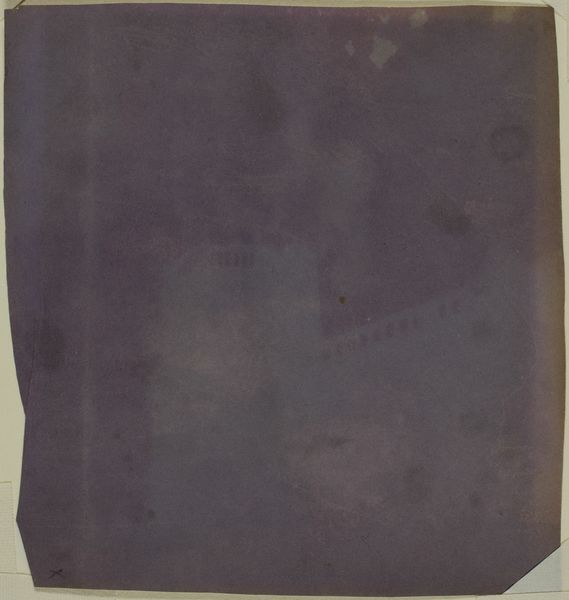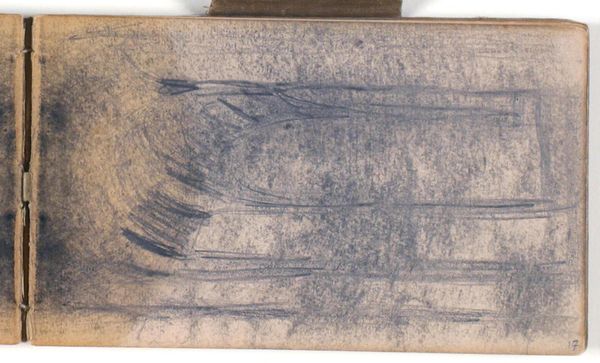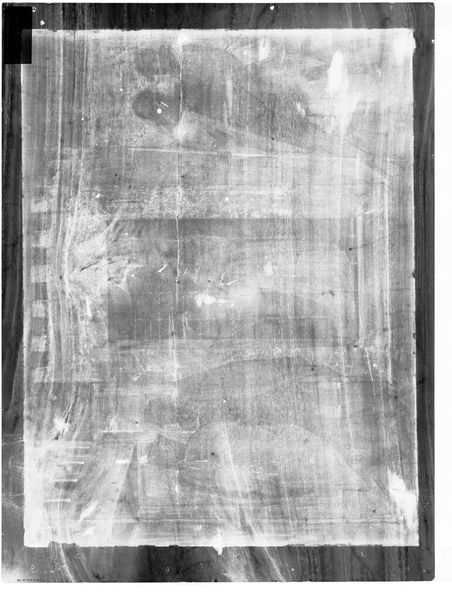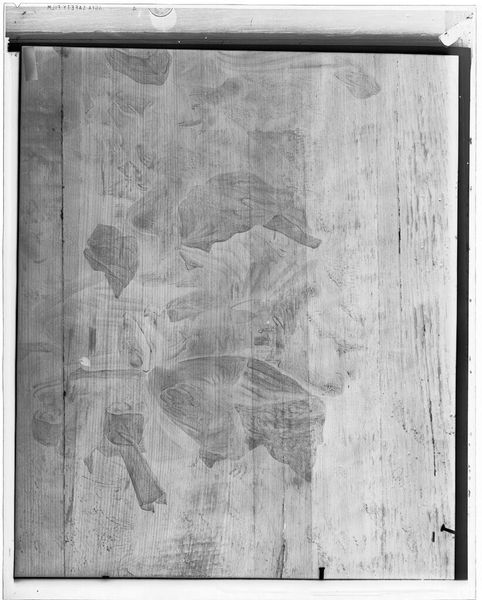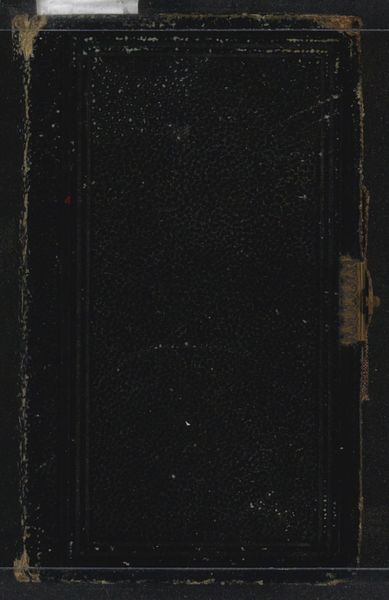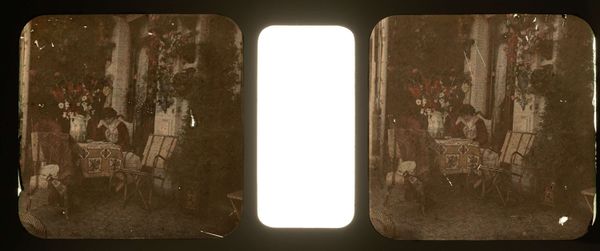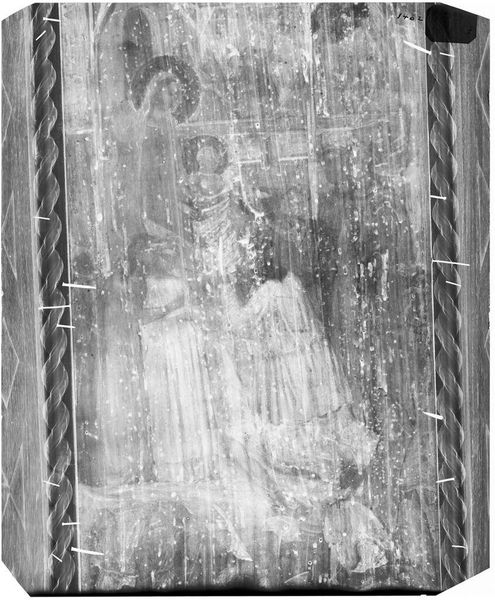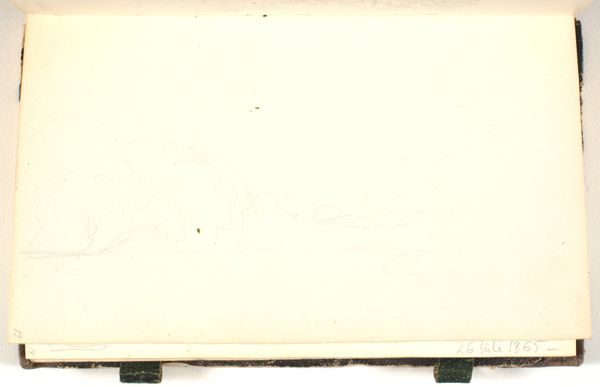
Case (Inrō) with Design of Persons with Mortar Making Mochi (obverse); Two Persons Shooting with Bow and Arrow (reverse) 18th - 19th century
0:00
0:00
drawing, etching, relief, ceramic, sculpture
#
drawing
#
narrative-art
#
etching
#
sculpture
#
asian-art
#
relief
#
ceramic
#
figuration
#
sculpture
#
ceramic
#
men
#
decorative-art
#
miniature
Dimensions: 4 3/16 x 1 15/16 x 1 5/16 in. (10.7 x 4.9 x 3.4 cm)
Copyright: Public Domain
Editor: Here we have a small case, called an Inrō, created sometime in the 18th or 19th century. It's attributed to Tōyō and features scenes of people making mochi and shooting arrows. The details are so delicate! What kind of stories do you think these images are telling? Curator: This object, an Inrō, gives us a fascinating glimpse into the symbolic world of Edo-period Japan. Note how one side depicts figures pounding mochi. Mochi, a rice cake, wasn't just food; it was associated with good fortune and community. The act of making it together reinforced social bonds. On the other side, we see archers – possibly representing warriors or simply hunting. Editor: So, each side has its own symbolism? What about the choice to put these seemingly disparate scenes together? Curator: Exactly. Think about it: one scene represents domestic harmony and prosperity, the other skill and possibly protection. It’s about balance, the duality of life. Even something as mundane as a case can become a vessel for cultural values. What does the pairing evoke for you? Editor: It’s like a charm almost, carrying symbols of both peace and strength for the wearer. I wouldn't have looked that deeply at it at first glance. Curator: That's precisely the point. These objects were designed to be read, understood, and to resonate with the owner's own understanding of the world and their place in it. Editor: I'll definitely keep an eye out for those kinds of pairings now; seeing how objects carry those cultural memories and hidden messages.
Comments
No comments
Be the first to comment and join the conversation on the ultimate creative platform.
